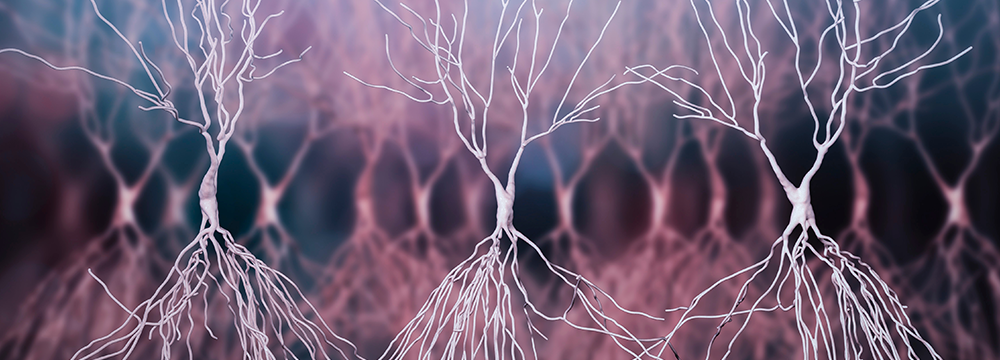
As I savor each sip of my dark roast brew, I am delighted by a recently published article about the potentially neuroprotective effects of dark roast coffee. Canadian researchers at the Krembil Research Institute and University of Toronto compared light roast, dark roast, and decaffeinated dark roast coffee extracts on mouse model brains ridden with amyloid plaques and neurofibrillary tangles, typical of Alzheimer’s disease. Six different components within the coffee were tested for their impact on reducing the buildup of amyloid and tau proteins that comprise the plaques and tangles underlying Alzheimer’s disease.
Interestingly, caffeine, which has been touted by some as helpful to cognition, had no effect on the accumulation of amyloid and tau proteins. Rather, phenylindane, formed during the process of roasting coffee beans, was the only coffee bean component of the six tested (the others were caffeine, chlorogenic acid, quinic acid, caffeic acid, and quercetin) that inhibited both amyloid and tau proteins. This is the first report of its kind and lends support to the possibility of dark coffee roasts (both caffeinated and decaffeinated alike) protecting against the biological hallmarks of Alzheimer’s disease.
Does this mean we should all start sipping dark roasts as our miracle cure for Alzheimer’s disease? Of course, not – or, at least, not yet. Further studies are needed to better understand the role and optimal dosing of phenylindane and whether or not effects are replicated in humans. It is also important to recognize that excessive amounts of caffeine, as well as sugar and other ingredients often added to coffee, may be counter-productive. We just don’t have the data yet. But, I appreciate the scientific rigor of this study, and others like it, beginning to document the potentially positive effects of lifestyle and nutritional factors on the brain. And, as we await the findings of future studies, I will continue to enjoy moderate amounts of that ancient brew, and the darker the better!
If you are interested in learning more about the role of lifestyle factors in healthy brain aging, consider attending one of my upcoming talks, The CRCNJ Speaker’s Series, or participating in the individualized Psychoeducational Series, only offered at The CRCNJ. Contact us today for more information or to schedule your consultation.


